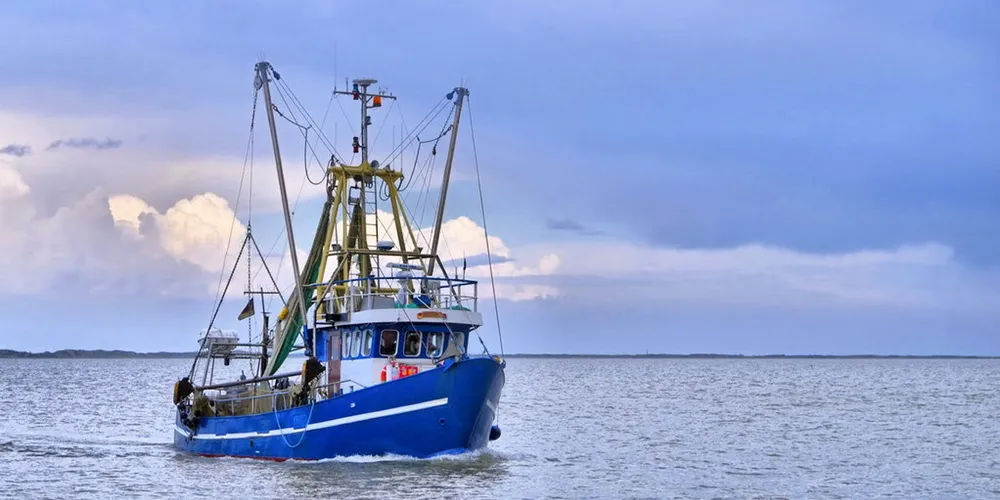European Union and UK finalize landmark fishing deal, but post-Brexit tensions remain
The agreement on management of key shared stocks secures the fishing rights of both the EU and the UK fleets until the end of 2021.

The agreement on management of key shared stocks secures the fishing rights of both the EU and the UK fleets until the end of 2021.
